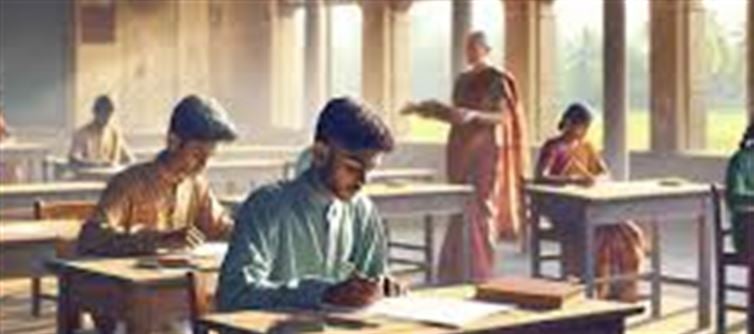
The Central Board of Secondary education (CBSE) is implementing a major overhaul in education and assessment, aligning with the National education Policy (NEP) 2020. The focus is now shifting from memorization to practical understanding and application of knowledge.
1️⃣ What’s Changing in CBSE Exams
· students will no longer be tested primarily on memorizing facts.
· Examinations will focus on conceptual clarity, analytical skills, and problem-solving ability.
· Application-based questions will replace a portion of traditional textbook questions.
2️⃣ Why CBSE Is Making These Changes
· To prepare students for real-world challenges instead of just academic success.
· To encourage critical thinking, creativity, and logical reasoning from an early age.
· To align school education with NEP 2020’s vision of holistic, multidisciplinary learning.
3️⃣ Impact on students and Teachers
Students:
· Must focus on understanding concepts instead of memorizing.
· Will need to practice problem-solving, experiments, and case studies.
Teachers:
· Will have to adapt teaching methods, using practical examples and discussions.
· Evaluation will include projects, assignments, and class participation alongside exams.
4️⃣ Tips for students to Excel
· Regularly practice application-based questions.
· Form study groups to discuss concepts and solve problems together.
· Use reference materials, experiments, and real-life examples to reinforce understanding.
✅ Bottom Line
CBSE’s shift from rote learning to conceptual understanding is a game-changer. students who adapt early, focus on comprehension, and practice real-world applications will thrive under the new system.
Disclaimer:
The views and opinions expressed in this article are those of the author and do not necessarily reflect the official policy or position of any agency, organization, employer, or company. All information provided is for general informational purposes only. While every effort has been made to ensure accuracy, we make no representations or warranties of any kind, express or implied, about the completeness, reliability, or suitability of the information contained herein. Readers are advised to verify facts and seek professional advice where necessary. Any reliance placed on such information is strictly at the reader’s own risk.




 click and follow Indiaherald WhatsApp channel
click and follow Indiaherald WhatsApp channel